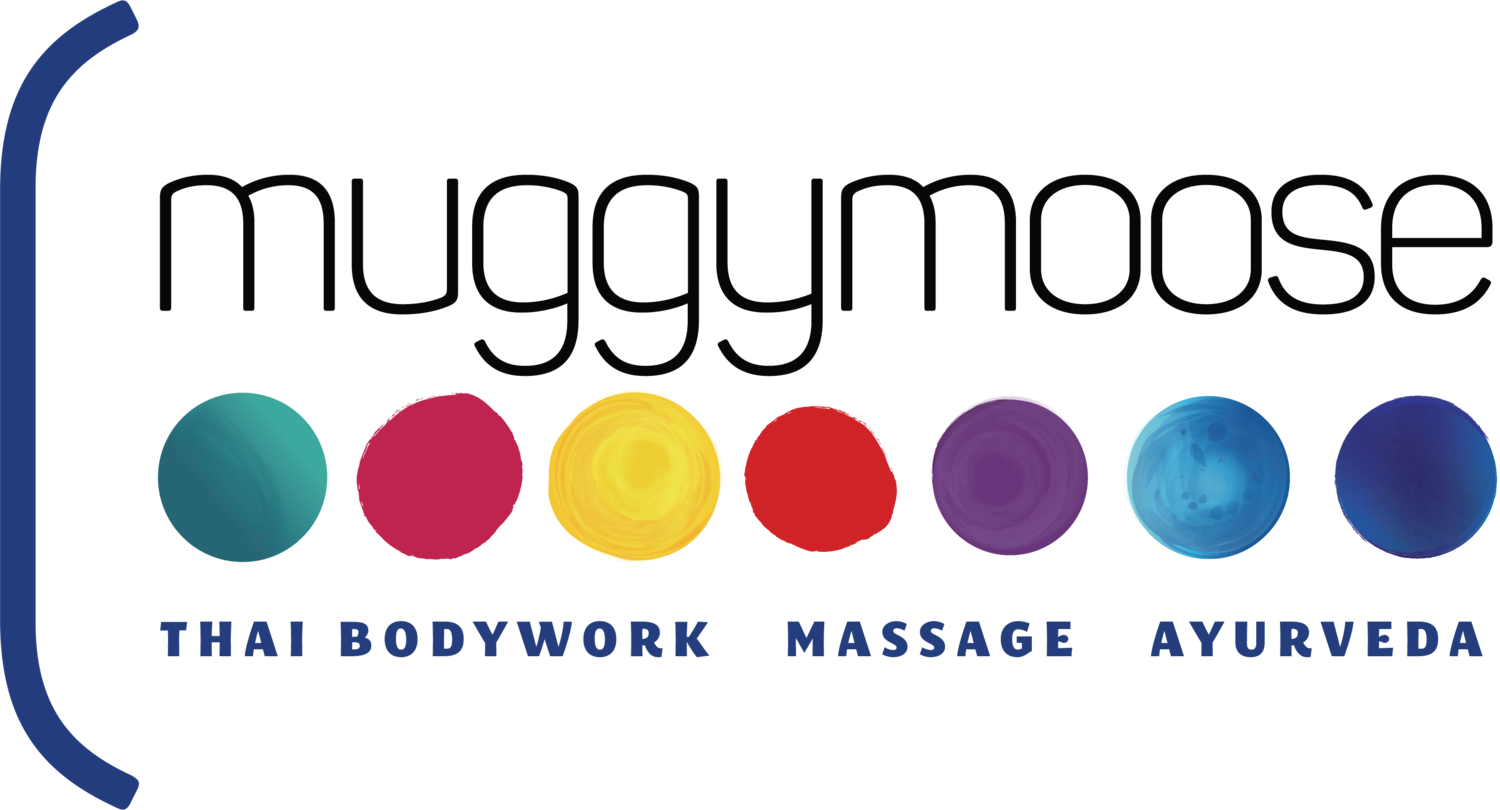I am sitting in a chair wedged between a hospital room curtain and a crib, holding my baby in my arms. My baby and I have just been transferred out of a wheelchair into this tight spot, having been transported up from the surgery area. I am desperately crying out to my uncle. He is standing directly behind the nurse who is working with all the tubes connected to my baby. “I want to go home. I want to go home. I want to go home!” I cry. My uncle is looking right at me but doesn’t seem to hear me. Later after recounting the events in my head, I realize he is choosing not to respond, because more than anything he indeed wants me to be able to go home. He wants Anders to be able to go home. He wants everything to be the way it was before this day. Instead of acknowledging my pleas, he silently stares directly into my eyes, hoping I will stop and shake myself out of it and start my role as the iron woman.
Lisa, the experienced pediatric nurse, is now telling me, in a patient yet authoritative voice, the purpose of each little piece of equipment that is hooked up to my son. His skin is flushed pink all over from the anesthesia drugs. He has a large bandage over his upper left chest with tubes coming out of it. A port, through which he will soon receive his chemotherapy, has been surgically placed there. His eyes are swollen. He wants milk, milk, and more milk (which he will throw up all over me shortly). This experience is so surreal, so unbelievable. It is not happening to me- yet it is.
This is just the latest of the completely surreal moments that I have experienced in the seven long days since the ophthalmologist in Duluth said to me, “Your son has retinoblastoma.” To which I slowly replied, “Blastoma, that sounds like cancer,” and the doctor gravely nodded his head.
In part due to my uncle’s wordless stare, in part due to Lisa’s directness, and mostly due to Anders’ need to nurse, I snap out of it and come back to the reality in the room. I must straight up acknowledge and accept what is happening. I must be present. There is no room for denial or avoidance. My baby needs me.
That moment, when I look back at it almost 15 years later, was pivotal. It was the moment I learned that accepting reality decreases suffering. Had I chosen to check out in that moment, which felt entirely possible, my son and entire family would have suffered greatly. My husband would have had to care for a baby with cancer, a toddler, and a 36-year-old woman living in an alternate reality.
So often we choose to deny, hide, or refuse to accept aspects of ourselves or our circumstances. We keep these things that are too hard to look at straight on in the shadows or locked up tight in a fireproof box buried deep within our subconscious and try to move through life as if they don’t really exist. Oh, my goodness, does this ever cause suffering. (I’ll speak more about deeply buried things from my personal experience in a later post.)
My son was 9 months old when he was diagnosed with cancer the first time. He was diagnosed with a different type of cancer again at 12 years old. He is a wise one, that child. In the video below, he speaks about how he got through his treatment and leg reconstruction surgery the second time he healed from cancer. I had never spoken with him directly about acceptance. I was startled when these words came out of his mouth.
Acceptance is one of our most powerful tools for healing. Acceptance doesn’t mean we have to like or acquiesce to or resign ourselves to our circumstances. Rather, it is the vital step of being fully present, so that we can consciously choose our path forward. My conscious choice for myself walking through my experience with my son was to create as much joy and love as I could out of the pain and tremendously difficult circumstances. This is why I share my story.
Below: Anders’ first day of chemo. May 13, 2009.



